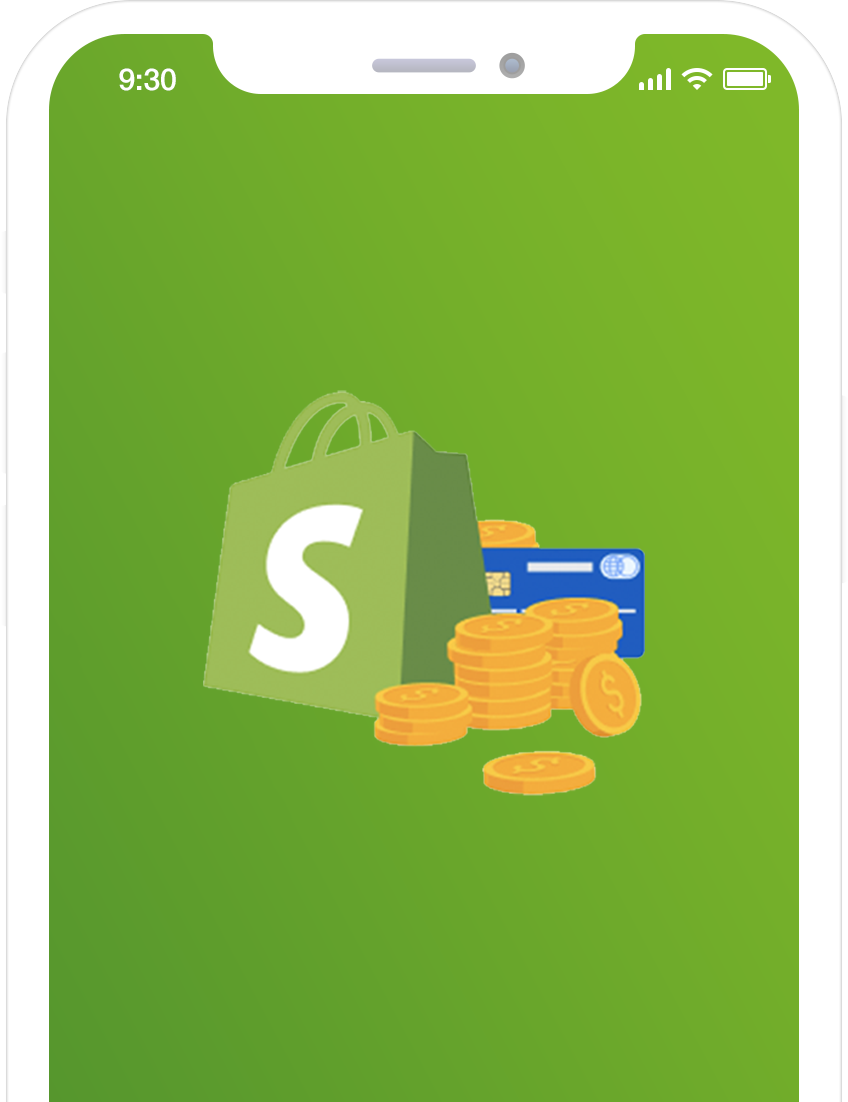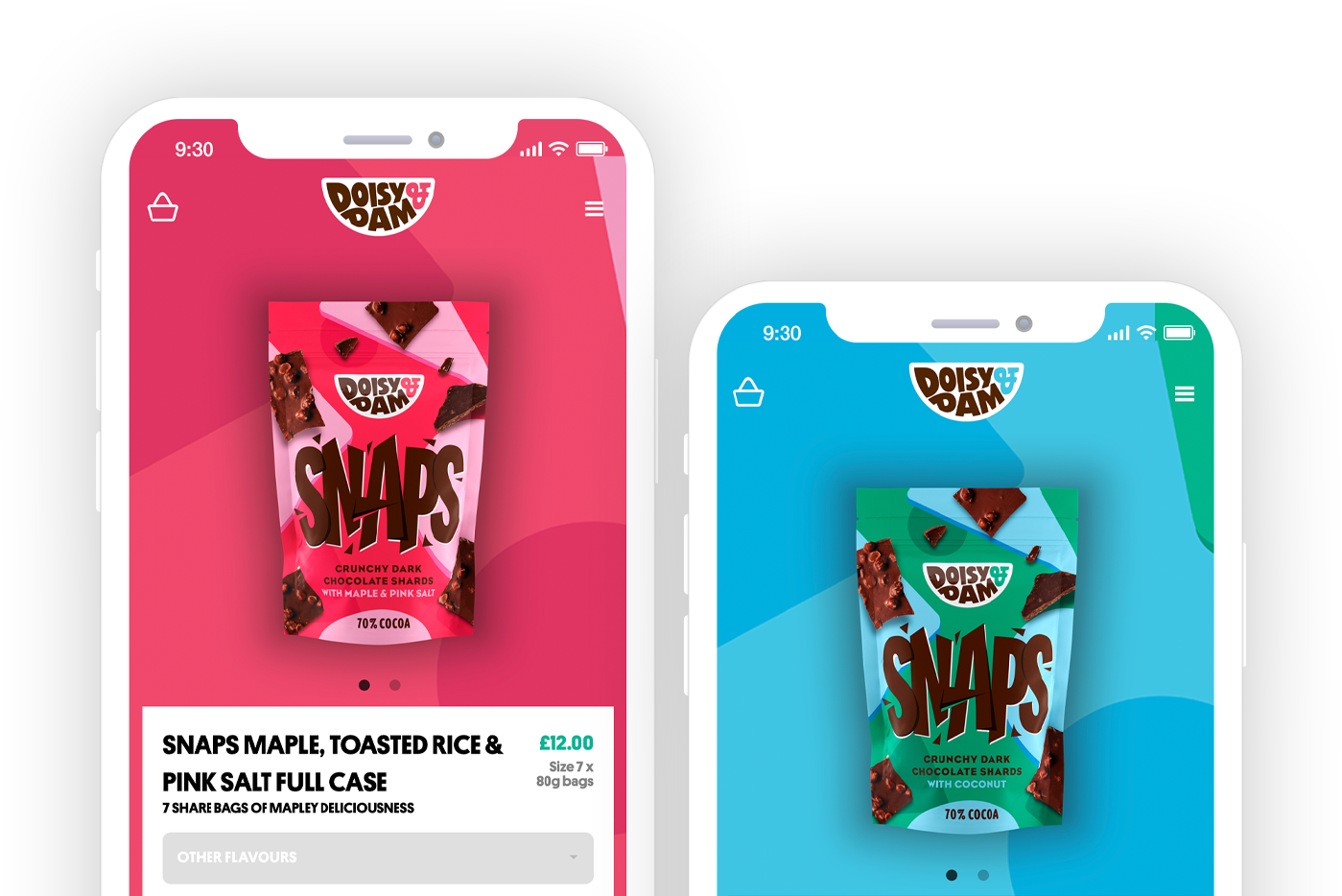What Shopify Payment Gateway Options are out there?
The ecommerce and
Shopify marketplace has grown exponentially over the past decade, creating rising competition between different industries including Shopify payment gateway technologies. The most commonly used payment gateway for Shopify tends to be Shopify Payments which comes ready-to-use when setting up a store within the Shopify platform. Third-party payment providers which can be integrated into Shopify are also available and are commonly used across a multitude of platforms around the world. Implementing some of these can create convenience and flexibility for those users who are already set up on these platforms.
Certain payment gateways are commonly preferred in
different parts of the world, and all have their own pricing structures and levels of ease-of-use. We will go into more detail comparing each popular payment provider individually.
Third-party Shopify payment gateways include:
•PayPal
•Stripe
•Amazon Pay
•Klarna
•Shop Pay
1. Shopify Payments
Shopify’s Payments is Shopify’s in-built payment gateway which eliminates the need and hassle for merchants to set up any third-party payment provider. An added benefit of using Shopify payments is that it is automatically set up to accept some of the major payment providers. Since Shopify payments is natively integrated within the Shopify platform, transactional data such as orders, payments and payouts can be viewed and managed within the Shopify admin panel. This is something which cannot be immediately accessed with third-party gateways which have to be viewed externally through their respective admin areas.
Further benefits of using Shopify Payments is that it comes with integrated risk tools which can help identify suspicious orders. In addition to this, the platform offers card readers free of charge for merchants who want to integrate Point-of-Sale payments in-person, perfect for brick and mortar businesses.
Once customers make payments, it can take up to 3 business days to reach the merchant. The card fees for transactions differ slightly depending on
which Shopify plan the merchant is on. For merchants on the Basic plan, the card rate is 2.2% + £0.20, for the standard Shopify plan it is 1.9% + £0.20, or for the Advanced Shopify plan it is 1.6% + £0.20, with no other hidden costs.
2. PayPal
PayPal is perhaps the most popular Shopify third-party payment gateway, with
311 billion transactions being made through the app in total by the end of Q2 2021. PayPal is simple and quick to set up, and has free and paid options for merchant accounts. One of the main advantages of using PayPal as a payment gateway for Shopify is the support system that comes with it should customers or merchants come across any problems with transactions made through the platform. Other advantages include the fact it accepts international payments, is mobile optimized, and allows merchants to be paid directly through their PayPal account.
Since PayPal is one of Shopify’s default payment gateways, a PayPal Express Checkout account is given to merchants with the email they signed up for the Shopify store, meaning payments can be received for orders made through PayPal once this account is set up.
Merchants are charged transaction fees whenever a transaction is paid for using the PayPal service- these fees are 1.9% to 3.4% per sale, so these will need to be considered when calculating profit margins for your Shopify store. These charges can be avoided if the merchants have Shopify Payments also activated, so worth doing for improved margins of your online store.
3. Stripe
Stripe is a flexible Shopify payment gateway that gives merchants the ability to accept transactions both in-person and online. It comes with a range of tools to help customize the checkout process, offering integration of up to 300+ tools. Shopify Payments is actually powered by Stripe, and so is not available as a separate payment gateway for those countries where Shopify Payments is also available. However, integrating Stripe is a great option for merchants in regions where Shopify Payments is not offered.
Benefits to using the Stripe platform is that it is an easy-to-setup Shopify payment gateway which can be up and running in under a day, and the fact that in-person payment transactions are relatively cheap at 1.4% of the sale + £0.10 for European cards, or 2.9% + £0.10 for non-European cards, making it a best Shopify payment gateway option for merchants who deal with a lot of European customers, and/or want their store up quickly.
It is worth noting however that in-person transactions require merchants teo purchase a card reader which Stripe can provide for £49 for the mobile card reader, or £179 for the touchscreen card reader, however there are no ongoing costs or complicated rates after this.
4. Amazon Pay
Amazon has been the king of ecommerce over the past decade. With over 200 million users around, integrating Amazon Pay into your Shopify store allows a vast amount of customers to make purchases quickly and easily using their Amazon account details. On top of this, the Amazon brand is highly trusted, giving buyers confidence when checking out on Shopify stores and websites of any size.
Merchants can integrate Amazon Pay onto their Shopify stores if they have an existing Amazon Professional Seller account. To maintain this account, Amazon charges £25/month. Additional fees per transaction apply which are less competitive than other Shopify payment gateways which can be a deterrent to smaller merchants. Seeking professional
payment consulting can help merchants determine whether Amazon Pay's fee structure aligns with their business model. Money from customer payments can also take a few days to reach the merchant’s account, making it not the best Shopify payment gateway for low volume selling businesses that rely more heavily on short-term cash inflows.
Fees per sale are 2.9% + $0.30 if the transaction was made domestically on website or mobile, increasing to 3.9% + $0.30 if the transaction was made internationally. Transactions made through Alexa smart assistant are 4% + $0.30 for domestic, and 5% + $0.30 for international sales. For organizations involved with charity, fees are 2.2% + $0.30 for domestic transactions and 3.2% + $0.30 for ones made internationally.
5. Klarna
Klarna is regarded as one of the best Shopify payment gateways to use for its ‘buy now pay later’ purchase model. This model gives customers the ability to split the cost of transactions into 3 interest-free installments. Flexibility to customers is given with up to 36 months to pay. Klarna is therefore beneficial for converting customers which require the extra flexibility with finances to follow through with their purchases, increasing merchant sale volume. What’s more is that this is at no risk to the merchant- even if the customer is unable to pay off their debt to Klarna, the merchant still receives the full amount.
Fees per transaction start are competitive at 1.9% per sale + £0.20. These fees are reduced with higher sales volume, making Klarna one of the best Shopify payment gateways for merchants that deal with consistently high sales numbers.
6. Shop Pay
Shop Pay is a convenient payment gateway which allows customers to save their payment information, along with their shipping address and billing information for a faster checkout every time they purchase from a Shopify store. This payment gateway, similar to PayPal, makes the checkout process easier and speeds it along so that customers are more inclined to make repeat pruchases.
Shop Pay also offers an installment/buy now pay later model which is inspired by Klarna. This Shopify payment gateway offers customers the option to either pay for their purchases in full at checkout, or split the purchase into four interest-free installments for orders that are valued between $50 and $3000. A bonus is that there are no additional interest rates, late fees, or other charges passed onto customers.
An advantage of using Shop Pay over Klarna is that it is fully integrated as part of Shopify, meaning customers do not redirect away from the merchants store. Making it the best Shopify payment gateway for retaining customers on your website. The merchant receives full payment once the order is completed, minus the fee to use the Shop Pay service.
Conclusion
There are quite a few big players in the payment gateway market, making it difficult to choose one single best Shopify payment gateway. Each has their own advantages and disadvantages, but depending on the size and nature of your Shopify store, the benefits of some of the options might be more significant than the others. For example, merchants who require the best protection and access to customer support will likely find PayPal to be the best Shopify payment gateway for their store. Shopify stores with high sales volumes have a preference for Amazon Pay or Klarna, and merchants who have in-person sales in addition to sales on their website might prefer to use Stripe. Shopify payments and Shop Pay are also good all-rounders for Shopify merchants of any size or nature.
Factors that may affect your decision can include the time it takes to set up the payment gateway, the amount of time it takes for payments to clear and reach your payment account, the fees for transactions, and the support offered by the payment gateway. Of course, if you have trouble deciding on the best Shopify payment gateway to use for your store, you can always utilize a mixture of the options, giving customers a choice based on their preference, maximising the conversions for your Shopify store.
If you have any queries or require assistance with setting up payment gateways for your Shopify store,
get in contact with us. Charle are a leading Shopify & Shopify Plus agency who design and
develop strategic ecommerce websites that engage customers and build with cutting edge
Shopify technology.
Looking to integrate new technology to your Shopify store? Get In Touch Today













